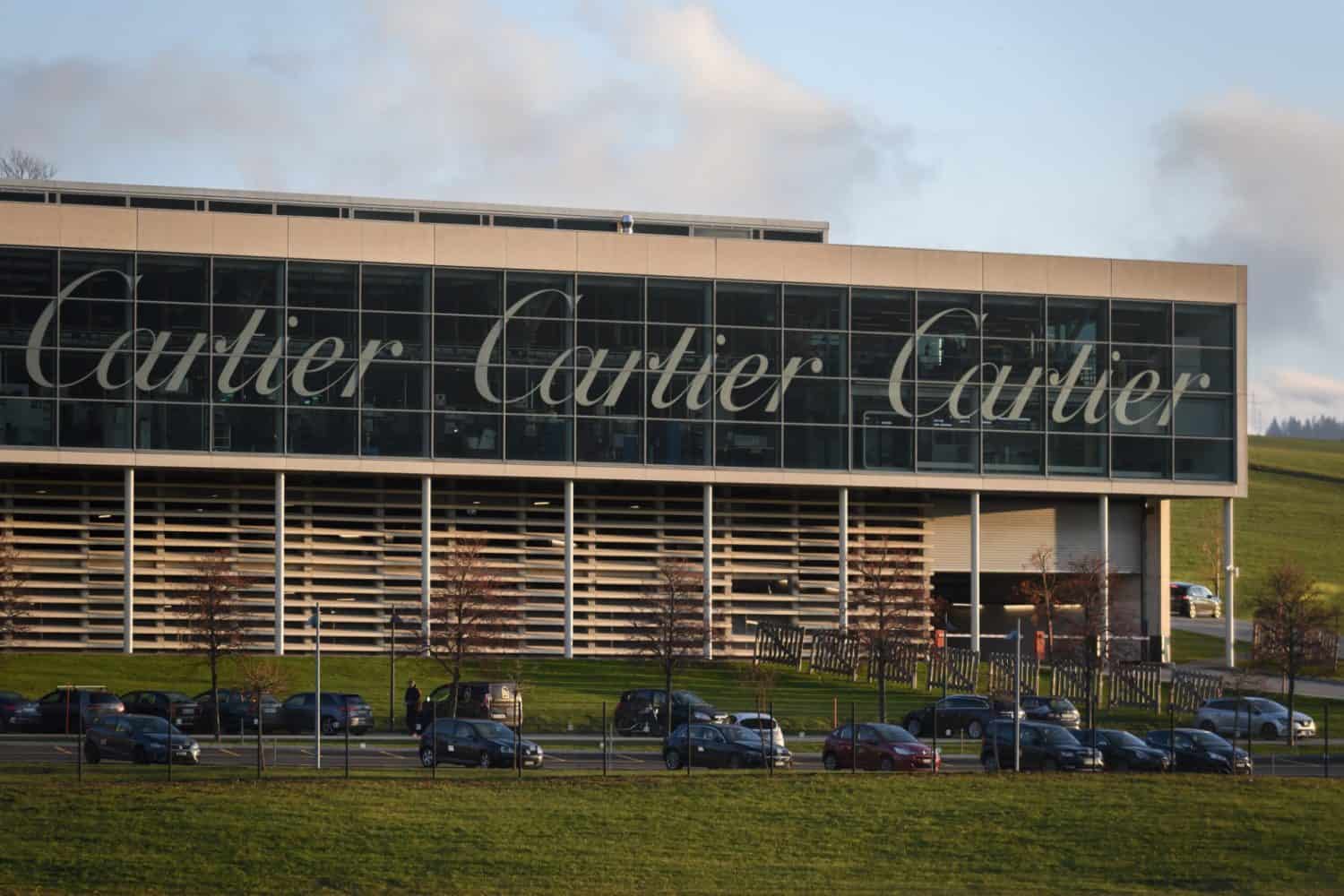ZURICH, SWITZERLAND – Swiss luxury giant Richemont posted a loss of US$786 million (766 million euros) Friday in the six months to the end of September, mostly linked to the sale of one of its online platforms.
The group, owner of the Cartier and Piaget brands, made a profit of US$1.23 billion (1.2 billion euros) in the same period last year and reported “robust” sales through 2022.
At the end of August, Richemont agreed to sell a large stake in its Yoox Net-A-Porter online luxury sales brand to British e-commerce platform Farfetch.
The Swiss group warned when it made the announcement that it would take a US$2.77 billion (2.7-billion-euro) hit from the deal.
Sales were up 24 percent overall across the group in the six months to the end of September, with double digit increases in all regions except Asia, where sales were up three percent.
A drop in mainland China sales – where strict Covid restrictions have forced store closures – was offset by strong sales in the Americas and Europe, particularly spending from Middle Eastern tourists, it said.
Sales were boosted by strong growth in luxury jewelry and specialist watches boutiques.
The group’s chairman Johann Rupert warned that it was “highly uncertain how the political, economic and social landscapes will evolve in Europe and in our other key markets” but that the luxury group was in a good position to “weather uncertain times”.
“We only know that we will likely face volatile times ahead…. (Richemont) is in the fortunate position of being in good health, with a clear strategy,” he said.
The group said it had also implemented a 10n percent energy reduction plan across its offices and stores in Europe, and was on track to source 100 percent renewable electricity globally before the end of 2025.

